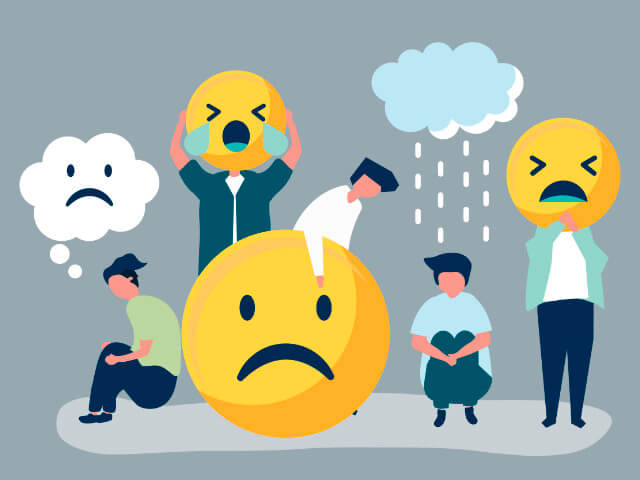What could be done to reduce single use plastics in supermarkets?
When you walk down a supermarket isle you will notice many items are packaged in single-use plastics. This is because plastic is cheap, lightweight, and durable (i.e. difficult to break) when compared to other packaging materials such as glass (which is heavy and can break easily) or paper (which can fall apart when wet). Supermarkets are a “for-profit” business which means they like to make money and will make decisions that increase the amount of money they make. So, supermarkets are stocking their shelves with products wrapped in plastic because it can make them more money. Remember, plastic is cheap to make, it’s hard to break so products wrapped in plastic are less likely to break and spill their contents all over the supermarket floor, and plastic is lightweight, so products wrapped in plastic are cheaper to transport around the world because they wight less. Supermarkets have also found that they can sell more products when they are wrapped in plastic. This is because some consumers feel items wrapped in plastic are more hygienic than the same item unwrapped and it is more convenient for consumers (i.e. it saves them more time) to grab pre-packed/pre-bagged items than having to select from a pile of loose items. For example, it’s much easier and faster to grab a bag of 8 potatoes or 8 apples, than having to individually select the 8 potatoes yourself and put them into a bag .
Three ways we can support supermarkets to reduce the amount of single-use plastic on their shelves are:
- Don’t buy pre-packed/bagged items and bring your own bags to the supermarket. If we take that bit of extra time to select our own potatoes or apples from the pile rather than grabbing the pre-bagged option, then we are creating consumer demand for supermarkets to stock more apples and potatoes that are not wrapped in single-use plastic. If every consumer made this choice, then supermarkets might stop stocking their shelves with the pre-bagged option.
- Support supermarkets and supermarket products that are wrapped in plastic-alternative or non-plastic packaging. Scientists are developing plastic-alternative materials from plant and seaweed extracts. These alternatives are lightweight and durable like plastic; however, these alternatives are less harmful to our environment. Plastic-alternative materials are becoming increasingly more popular to use in packaging. Next time you are at the supermarket see if you can find any products packaged in plastic-alternative or non-plastic materials. If consumers buy more of these products, then it tells supermarkets to stock more items packaged in these materials.
- Write to your local member in Local, State and Federal Government and ask them to put in a law that requires supermarkets to stock items that are not packaged in single-use plastics. Recently, the Hobart City Council passed a law which banned restaurants and take-away shops from selling their items in single-use plastic packaging. Perhaps this law could be extended to supermarkets as well? Maybe after reading this, you’ve thought of a better way supermarkets can reduce single-use plastics. I encourage you to write it in a letter to your local member or local newspaper. Who knows, maybe your idea and letter will be the start of another solution to win the war on waste! Check out these school students who started their own campaigns that have changed the way we use single-use plastics. No More Straw Campaign by Molly, Bye Bye Plastic Bags a youth driven campaign in Indonesia.













